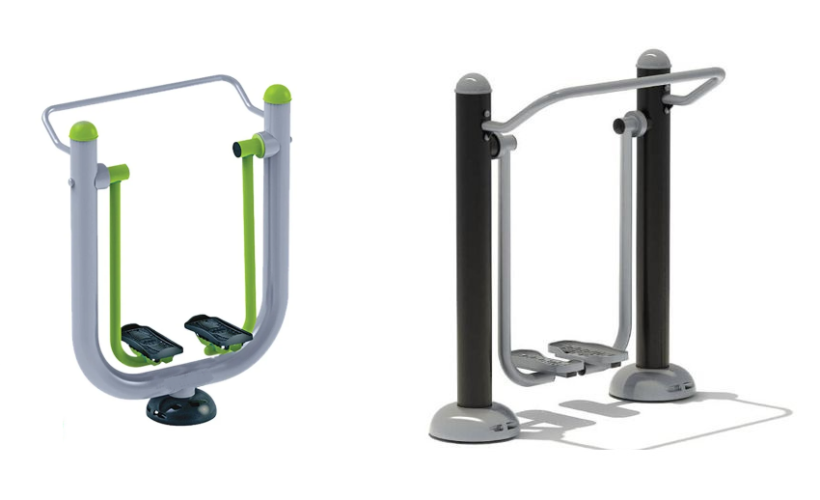Walkers, those simple yet effective mobility aids, play a vital role in improving the lives of many individuals. From seniors looking to maintain their independence to those recovering from injuries, walkers offer support, stability, and a newfound sense of confidence. In this article, we’ll explore the numerous benefits of using a walker and how it can positively impact one’s quality of life.

Enhanced Mobility:
The primary purpose of a walker is to provide individuals with improved mobility and stability. Whether due to age-related issues, post-surgery recovery, or physical disabilities, walkers offer the support needed to move comfortably and safely.
Independence and Dignity:
One of the most significant advantages of using a walker is the preservation of independence. Many individuals fear losing their ability to move freely as they age or recover from injuries. Walkers empower users to maintain their autonomy, which, in turn, enhances their sense of dignity and self-worth.
Fall Prevention:
Falls are a major concern, especially among seniors. Walkers significantly reduce the risk of falls by providing a sturdy, four-legged base for support. They are particularly helpful on uneven terrain or in slippery conditions.
Post-Surgery Rehabilitation:
After surgeries or medical procedures, patients often require assistance to regain their mobility. Walkers facilitate this process, allowing patients to gradually increase their activity levels while minimizing strain on surgical sites.
Supportive for Weak Muscles and Joints:
Individuals with weak leg muscles, joint pain, or balance issues find walkers to be invaluable. These aids distribute weight evenly, reducing the strain on joints and muscles during movement.
Customizable for Individual Needs:
Walkers come in various types, including standard walkers, rollators (walkers with wheels), and knee walkers. This variety allows individuals to choose the walker that best suits their specific needs and preferences.
Increased Physical Activity:
Using a walker encourages individuals to stay active, which is crucial for maintaining overall health. Regular walking can improve cardiovascular fitness, strengthen muscles, and boost mood.
Social Engagement:
Walkers enable individuals to participate in social activities, whether it’s taking a stroll in the park, visiting friends, or attending community events. Maintaining social connections is essential for mental and emotional well-being.
Easy Transportation:
Most walkers are designed to fold or collapse, making them easy to transport in vehicles or store at home when not in use.
In conclusion, walkers are more than just mobility aids; they are instruments of empowerment, enabling individuals to lead fulfilling lives despite mobility challenges. Whether used for short-term recovery or long-term support, walkers promote independence, safety, and an active lifestyle. Their simple design belies their profound impact on the lives of countless individuals, making them an indispensable tool for those seeking to improve their quality of life.
